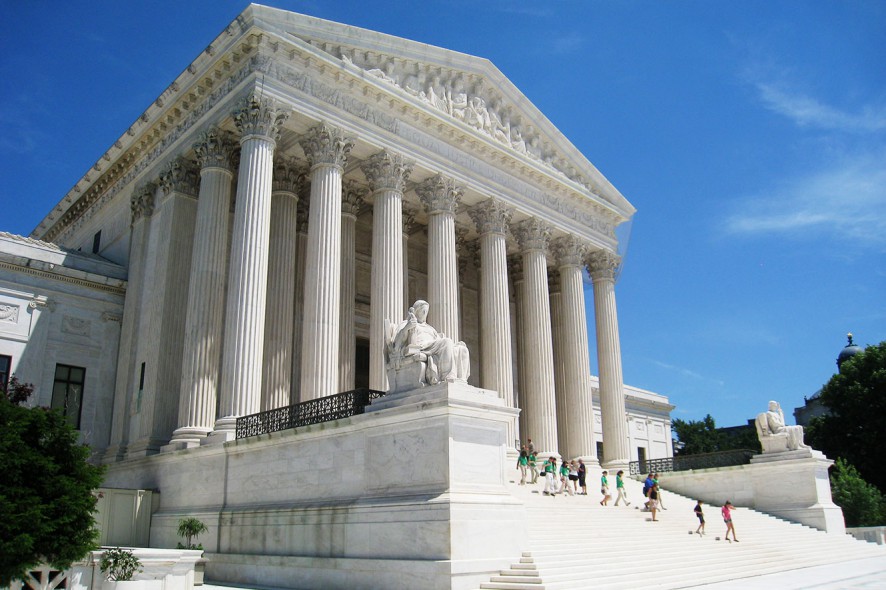Supreme Court of the United States: While relying upon the landmark decision in Kirtsaeng v. John Wiley & Sons, Inc., 2013 SCC OnLine US SC 15, the Supreme Court of United States has held that a patentee cannot control a sold item through the patent laws since its patent rights are exhausted in that item, regardless of any restrictions on resale or the location of the sale.
The respondent, a proprietor of numerous toner cartridge patents, sold those cartridges to the consumers either at full price, or at a discount through its “Return Program”. The customers were restricted from reusing or reselling the Return Program cartridges, and had to return them to the respondent. Certain remanufacturers acquired empty toner cartridges—including Return Program cartridges—from both, local and foreign purchasers, refilled them with toner, and then resold them in the United States. The respondent sued these remanufacturers, including the petitioner, for patent infringement contending that it had never authorized anyone to import its cartridges and there was express prohibition on reuse and resale of Return Program cartridges. The Federal Circuit had ruled in favour of the respondent, holding that a patentee could enforce clearly communicated restrictions on reuse or resale through patent infringement lawsuits, and patent rights were not exhausted merely because the products were sold overseas.
Roberts, C.J. (with whom Kennedy, Thomas, Breyer, Alito, Sotomayor, And Kagan, JJ. agreed) observed that the restrictions on resale or reuse of the Return Program Cartridges might be enforceable under contract law, but they did not entitle the defendant to bring a patent infringement suit against the petitioner, because, once the respondent sold those cartridges, it had exhausted its right to control them through the patent laws. Moreover, an authorized sale outside the United States, just as one within the United States, exhausted all rights under the Patent Act.
The Court noted that the principle of patent exhaustion was meant to prevent restraints on alienation, and nothing in the Patent Act indicated that Congress intended to confine that principle to domestic sales. The judgment of the United States Court of Appeals for the Federal Circuit was accordingly reversed, and the case was remanded for further proceedings. [Impression Products, Inc. v. Lexmark International, Inc., 2017 SCC OnLine US SC 9 : 581 U. S. ____ (2017), decided on May 30, 2017]






